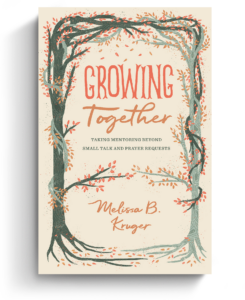
The Baptist Ascension: How Jimmy Carter Transformed the 1976 Presidential Election
Jimmy Carter's election in 1976 marked a significant milestone for Baptist representation in American politics. As the first openly evangelical Baptist president, Carter's campaign and victory reflected the culmination of 200 years of Baptist political evolution in America.
Unlike previous Baptist presidents Warren G. Harding and Harry Truman, Carter openly embraced and shared his faith. He regularly identified as a "born again Christian" during his campaign, despite advisors' concerns, and quoted Scripture during his candidacy announcement at the National Press Club in 1974.
As a third-generation Southern Baptist, Carter successfully united diverse constituencies:
- Black Protestant and white evangelical voters
- Northern and Southern Baptist traditions
- Conservative religious values and progressive political policies
His victory was made possible by several key factors:
- The aftermath of Watergate created desire for moral leadership
- Support from influential Baptist figures like Billy Graham
- Legacy of Northern Baptist leaders like John D. Rockefeller
- Connection to the civil rights movement through Martin Luther King Jr.'s family

Book cover: Growing Together
Though Carter served only one term, his presidency represented a unique moment when Baptist identity bridged political and cultural divides. His campaign successfully balanced evangelical convictions with broad political appeal, winning every Southern state except Virginia.
While Carter's presidency saw the eventual fracturing of his evangelical coalition and the rise of the Christian Right, 1976 remains a pivotal year when Baptist political influence reached its apex. His legacy demonstrates both the potential and limitations of Baptist political engagement in American democracy.
Carter's approach to faith in politics offers enduring lessons about balancing religious conviction with public service. His example shows how the Baptist emphasis on personal faith and social reform can shape political leadership while respecting religious pluralism.
Related Articles

The Ethics of War: Can Armed Conflict Ever Be Morally Justified?

